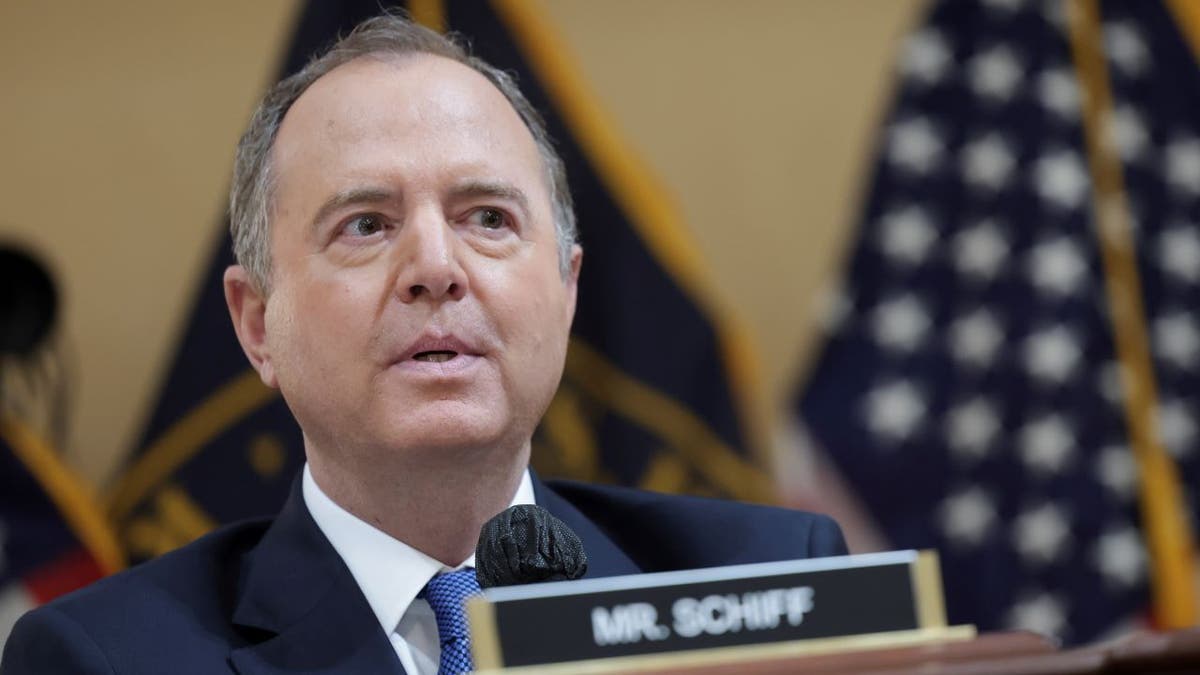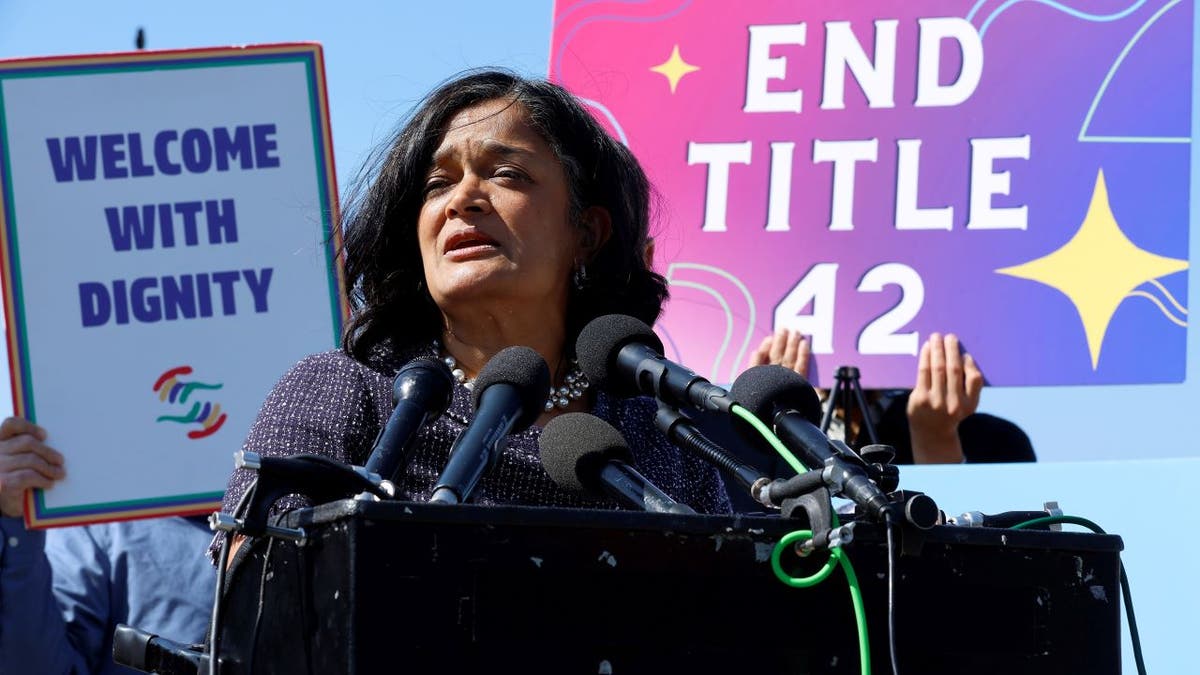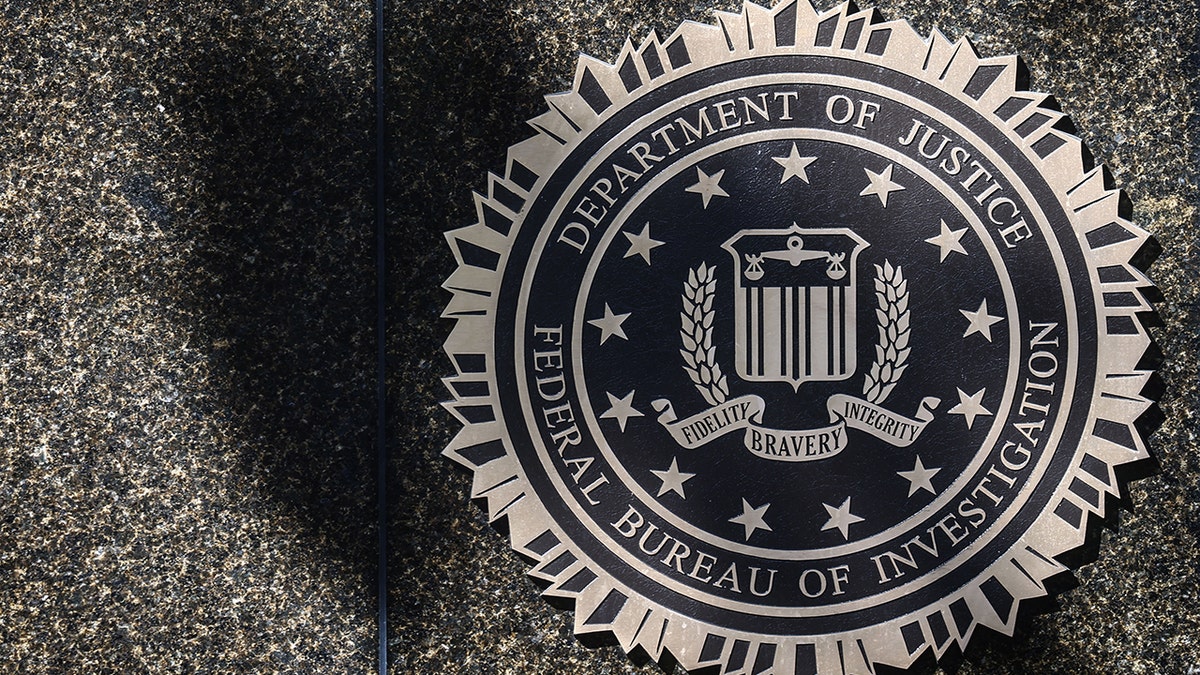New York State has enacted the Climate Change Superfund Act, a groundbreaking law poised to reshape the financial landscape for energy companies. Over the next 25 years, oil and gas firms will be charged an estimated $75 billion, a figure designed to address the state's climate change mitigation needs. This controversial legislation, championed by Senator Liz Krueger and Assembly Member Jeffrey Dinowitz, draws inspiration from existing federal and state superfund laws, which target companies responsible for pollution.
While environmental advocates celebrate the act as a significant step towards environmental accountability, business organizations express concerns about the potential economic ramifications. They argue that increased operating costs in the state will ultimately translate to higher energy prices for consumers.
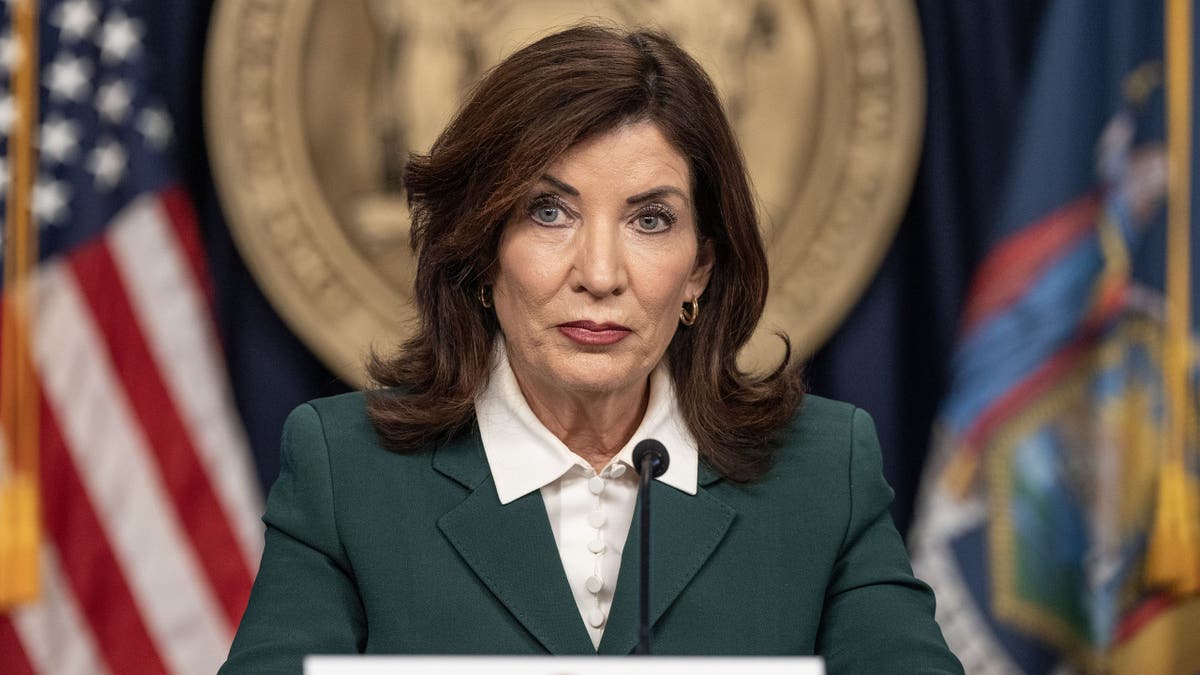
Governor Kathy Hochul (Lev Radin/Pacific Press/LightRocket via Getty Images)
Senator Krueger emphasized the legislative intent, stating, "The Legislature of New York has accepted the responsibility to address climate change, and we have made it clear: major climate polluters must contribute their fair share to help New Yorkers cope with the consequences." The law aims to hold the largest climate polluters accountable for their role in the climate crisis.
However, skeptics question the practicality of the bill, anticipating lengthy legal battles. Ken Pokalsky of the New York State Business Council raised a crucial question: "What alternative do energy companies have? Stop selling fuel in New York?"
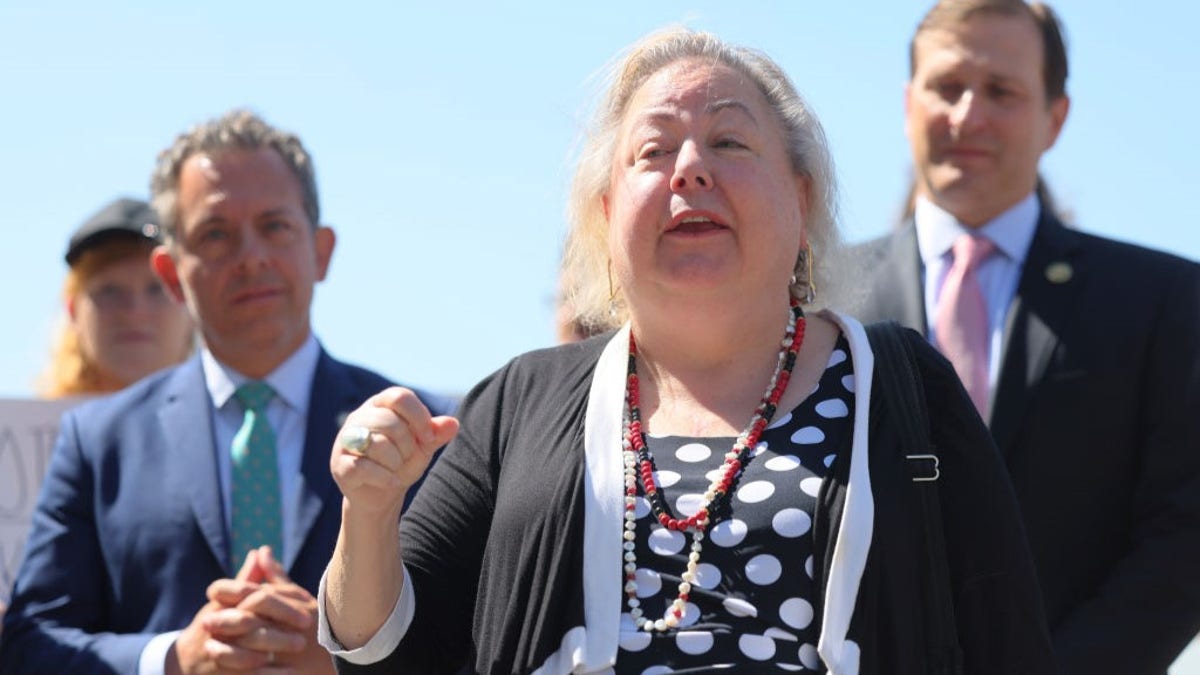
Senator Liz Krueger (Getty)
A coalition of business and industry leaders criticized the measure, stating, "This legislation is flawed, raising serious implementation questions and constitutional concerns. The $75 billion price tag will lead to unintended consequences and higher costs for households and businesses." They fear the financial burden will ultimately fall on consumers.
Governor Hochul, however, praised the legislation as a win for New Yorkers. She emphasized that the funds will be dedicated to climate mitigation projects. "This bill enables the state to recover $75 billion from major polluters. For too long, New Yorkers have shouldered the costs of the climate crisis, which impacts every corner of our state.”
The act will impose substantial assessments on both domestic and international energy producers. Saudi Aramco is projected to face the highest annual charge at $640 million, followed by Mexico's Pemex at $193 million, and Russia's Lukoil at approximately $100 million. These assessments are calculated based on estimated annual CO2 emissions.

Lukoil gas station.
Thirty-eight companies identified as major carbon emitters will be subject to these charges, including prominent names like Exxon, Chevron, Shell, BP, and Petrobras. Critics also point to the potential challenges of collecting assessments from foreign entities.
Consumer advocacy groups express further concern about the combined impact of this act with other recently implemented measures, such as the reinstatement of congestion pricing in New York City and the upcoming "cap and invest" rule. Opponents argue that these combined initiatives will impose billions of dollars in new assessments on fossil fuel consumption, significantly affecting a wide range of consumers.



